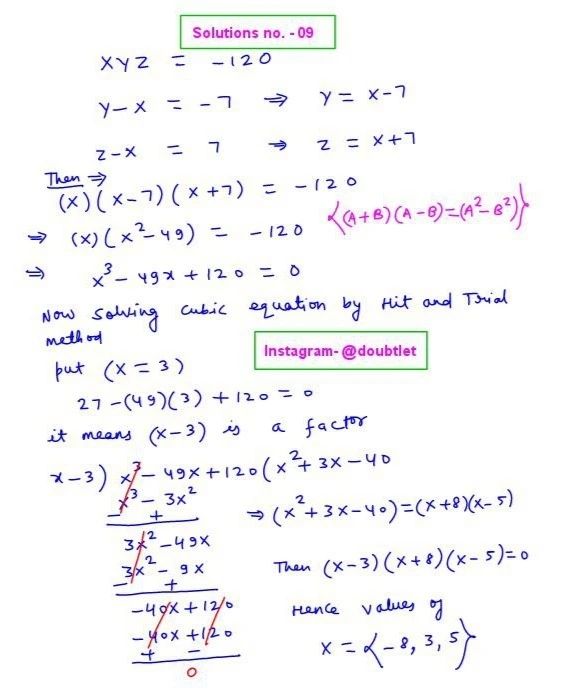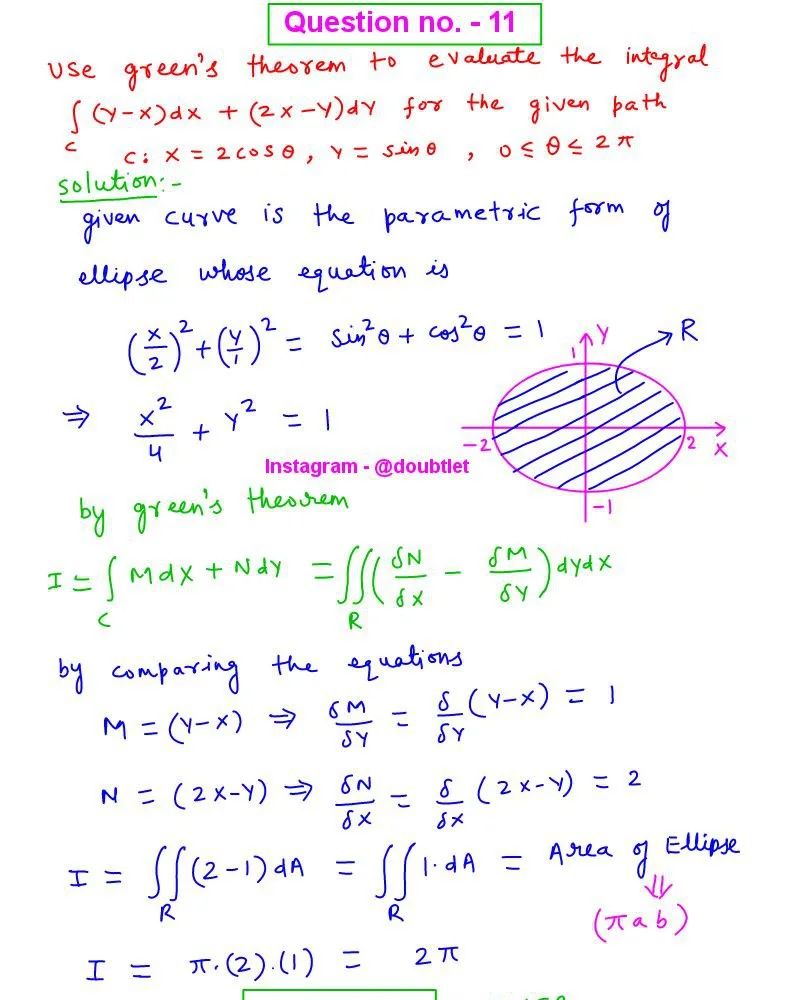









Question :
Find a parametric representation for the plane that passes through the point and contains the vectors and . (enter your answer as a comma-separated list of equations. let , , and be in terms of and/or .)

Solution:

Neetesh Kumar | November 14, 2024
Calculus Homework Help
This is the solution to Math 1D
Assignment: 16.6 Question Number 12
Contact me if you need help with Homework, Assignments, Tutoring Sessions, or Exams for STEM subjects.
You can see our Testimonials or Vouches from here of the previous works I have done.
Step-by-step solution:
To find the parametric representation of a plane passing through a point and containing two direction vectors, we use the following approach.
Step 1: Identify the Point and Direction Vectors
The given point through which the plane passes is:
The two given direction vectors are:
Step 2: Write the Parametric Equation of the Plane
A parametric equation for a plane passing through a point with direction vectors and can be written as:
Substituting , , and :
Step 3: Expand to Find , , and Components
Now, let’s expand each component individually:
-
For the -component:
-
For the -component:
-
For the -component:
Final Parametric Equations
The parametric representation for the plane is:
Answer:
The parametric equations are:
Please comment below if you find any error in this solution.
If this solution helps, then please share this with your friends.
Please subscribe to my Youtube channel for video solutions to similar questions.
Keep Smiling :-)
Comments(0)



Leave a comment